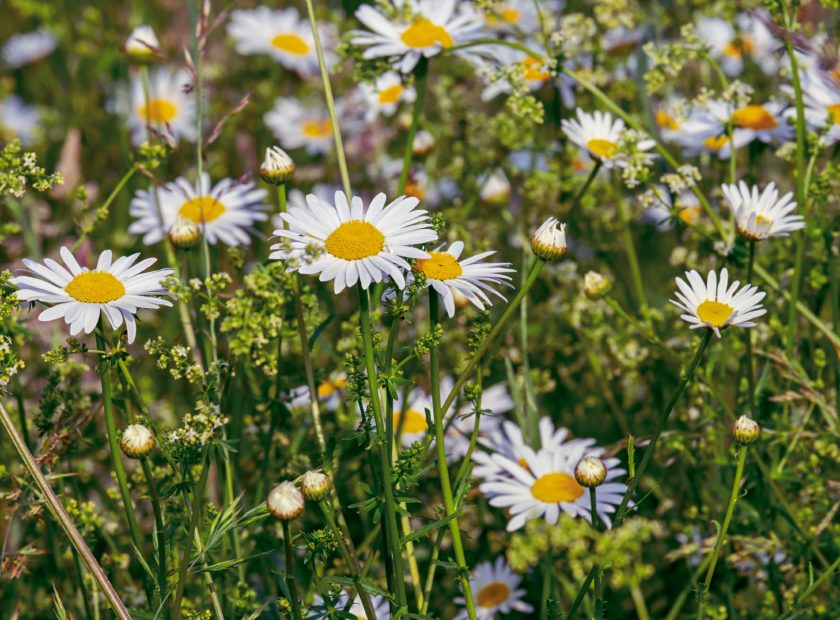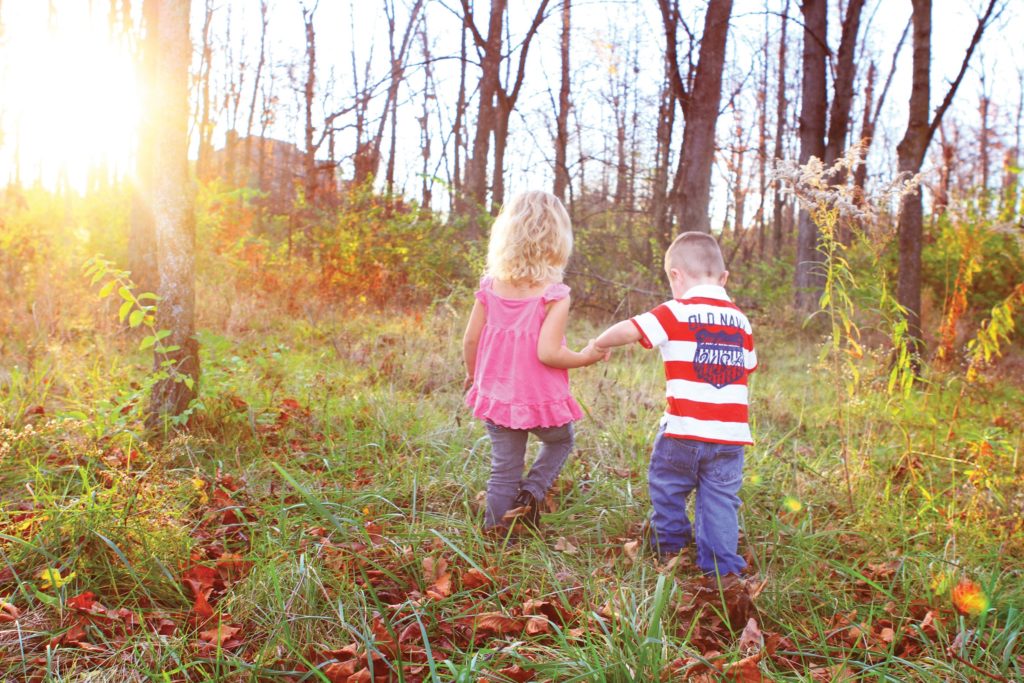Keeping Nature in Mind

These unusual times are putting extra pressure on our mental health. Being cooped up, living in close proximity with others, and without access to many of our usual support mechanisms, we may find that our anxiety and worry is building up. It is important that during this extended lock down to take the time to check in and find ways to make life easier for ourselves.
Many of us are finding that our 1-hour exercise is vital in keeping good mental health and in helping us get through this pandemic. It seems to me that more people are out there running, walking and cycling than ever before. One of my lifelines during my daily exercise is the chance to spend time in wild places. We are very lucky in Kirkcaldy and Fife to have good access to both the wonderful blue of the Forth and the luscious green of woodland, both colours that naturally soothe our minds.
Spending time in nature has been proven to lower blood pressure, decrease stress and anxiety, and boost mood. The physical act of movement releases “happy hormones”; being in the sun will top up your Vitamin D; the peace and quiet will calm your mind, and focusing on your surroundings lets you escape what’s inside your head. Time in nature is so good for you, that in 2018 on Shetland, the doctors began to prescribe time in nature as a treatment for patients.
Getting started
One of the great things about nature is that it is all around us – you can be immersed in it the second you leave your front door. Open you senses – use smell and sound, as well as sight. Take your time, walk like you’ve nowhere to go (which most of us don’t right now!). Notice the bird song, look for movement in the trees and hedges, actually stop and smell the flowers! Why not head to one of Kirkcaldy’s parks? My favourite walk is in the wild section at the top of Beveridge Park.
See if you can pick out the different bird calls and songs. The great thing about nature is that you can enjoy it without knowing a thing about it! Just close your eyes and soak it up. For those looking to learn, this guide is a good starting point to identify common garden or park visitors and if you want to go a bit further, the British Trust for Ornithology has opened its Garden Bird Watch to all for free.
For non-bird nature, there are plenty of identification guides online and even surveys to take part in, for example, blossom, bumblebees, butterfly and trees. By focusing on the nature around you, your mind is free from the stresses of the wider world.
If you are looking for something less taxing, why not give forest bathing a go – no brain power required and you won’t even have to get wet! The practice of shinrin-yoku, literally “forest bath” is very popular amongst Japanese city dwellers. It involves opening the senses in a woodland setting, taking time out to slow down and connect with nature. Studies have shown that such activity could reduce blood pressure, lower cortisol levels and that a chemical released by trees and plants, called phytoncides, was found to boost the immune system. The National Trust guide for beginners starts with something terrifying – switching off our mobile phones! You can find more information on mindfulness in nature on Mind’s webpage and plenty of other ways to connect with nature and the outdoors in their ecotherapy guide.

With your family
Children can benefit from connecting to nature just as much as adults. As well as benefiting children’s physical and mental health, time in nature is thought to have positive impacts on behaviour, learning, social skills and self-esteem.
There is plenty to keep children busy in nature. The National Trusts 50 things to do before you’re 11 ¾ is a good starting point which may encourage your young ones away from their screens. The Woodland Trust has hundreds of outdoor children’s activities for budding scientists, artists and explorers and the RSPB’s Wild Challenge lets you earn rewards (everyone loves a sticker!) as you complete activities that will encourage wildlife into your garden or local park. Just remember that social distancing and government guidelines mean that you may have to adapt these activities. If you are inspired, the John Muir Award is the obvious next step, but this will definitely have to wait until lock-down is over!
How can we help?
We offer a route planning service for walkers and cyclists in the Kirkcaldy area, just get in touch with susan@greenerkirkcaldy.org.uk. You can download our new Kirkcaldy cycle map that will allow you to travel through the town, including to the more wild spots.
If you, or someone you know, is struggling with their mental health there is lots of support out there. Mental health charities SAMH and Mind have a wealth of information on helping yourself and others. If you need to talk to someone, the Samaritans 24 hour helpline is free to call on 116 123.
|